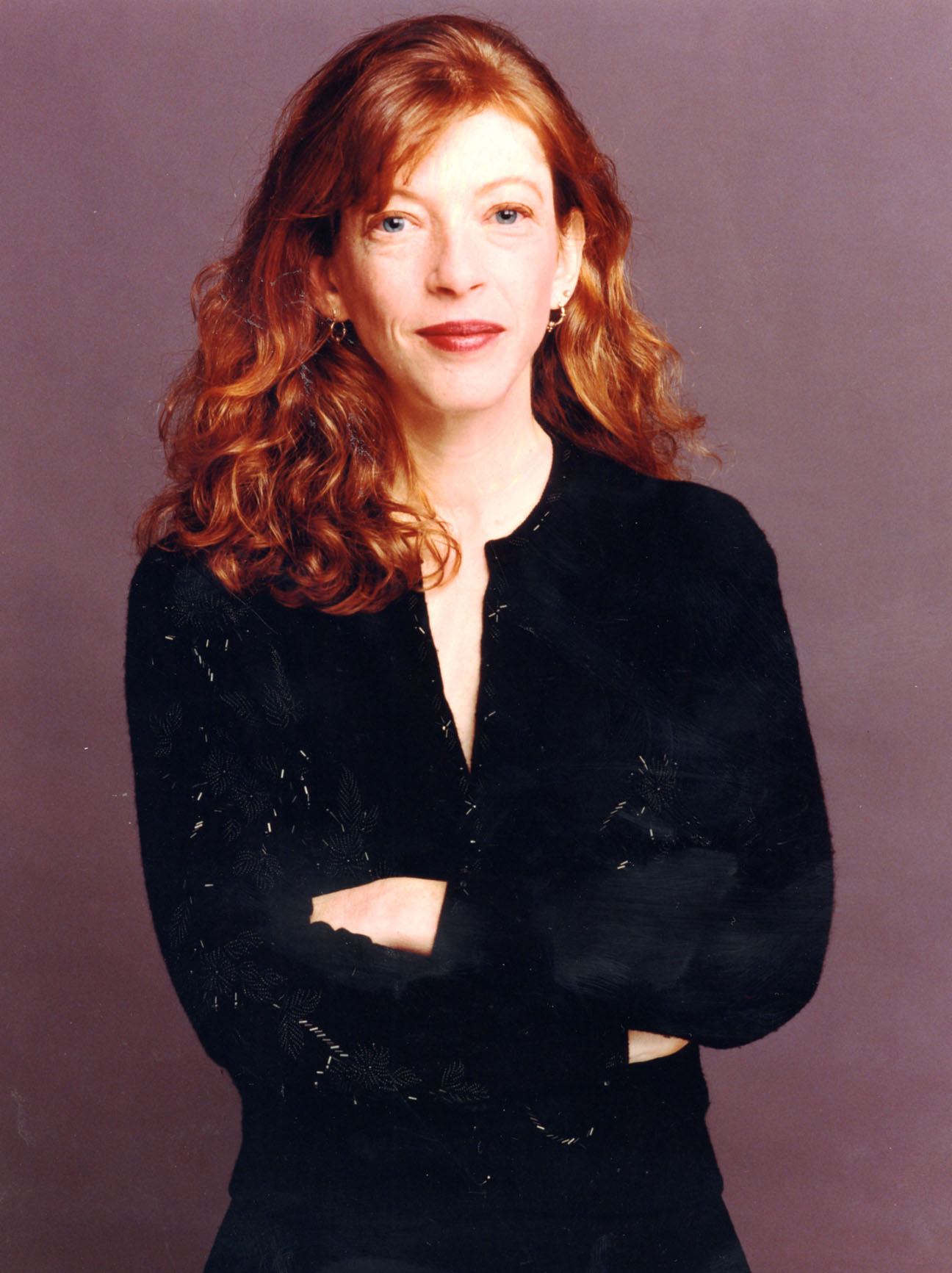In my mind Susan Orlean and Malcolm Gladwell are the power couple of narrative nonfiction. I am not sure exactly why – they’re not a couple, they write about very different subjects, and – aside from the fact that they are both staff writers at the same magazine – there is no obvious connection.
Of course the New Yorker’s legendary house style, which Tom Wolfe famously described as “one of leisurely meandering understatement” has something to with it: Both authors have amazing polish which makes their writing appear almost effortless, a kind of neutral authority that belies the skill with which they craft their prose. But I don’t think that fully explains my mental matchmaking.
The fact I started reading both authors at about the same time, immediately loved both, and rapidly went through pretty much everything they had published, is probably also a factor. But there is definitely more to it than that. Perhaps the reason is that they both have an amazing ability to find the kind of fascinating offbeat stories that other writers often miss.
Orlean’s amazing profiles of the most unlikely subjects always instantly capture my imagination. One of my particular favourites is Life’s Swell, a beautifully simple read about a group of Maui surfer girls, the inspiration for the film Blue Crush. The piece’s personalities and visual atmosphere grab you immediately, offering an intoxicating window on another world. Another classic article, The American Male at Age Ten, takes this bare-bones approach a step further, spinning an addictive piece of writing from nothing more than a short conversation with an average boy.
Meanwhile her travel writing is second to none, revealing the personalities of places, both exotic and close to home, bettrer than any other writer I have come across. The Place to Disapear is the best example. The passage in which an average middle manager takes a stroll down Bangkok’s Khao San Road and is transformed into an average trustafarian backpacker is an object lesson in nonfiction storytelling.
What Orlean is to the average magazine profile or travelogue, Gladwell is to the social sciences. His human touch fleshes out the bare-bones approach that leaves so much other psychological writing feeling dry and academic.
The quintessential Gladwell article is Six Degrees of Lois Weisberg, in which he builds an exploration of the Six Degrees of Separation phenomenon around a pretty normal Chicago grandmother by posing the provocative question “Does she run the world?” Like in so many of his classic pieces he uses a Murakami style multiple narrative to devastating effect – start with a quirky personality, throw in some chunks of ‘here comes the science’ and a little bit of speculative theorising, and hey presto, psychological theory with pace and personality.
The word ‘formulaic’ is usually used negatively. But if you have a formula that works so well, and which nobody else has come close to mastering, then why not run with it. What the Dog Saw, The Naked Face , and The Ketchup Conundrum are all classics of pop psychology that follow the same basic pattern, and few of his other articles would look out of place on this illustrious list. While the pattern of his essays remains the same, the characters and factual content offer breath-taking breadth and depth, meaning every piece is packed with life and surprises.
Both writers have published numerous best-selling books, but they are both at their best when they are enjoying snappier structure and relative freedom offered by the magazine article format.
A great selection of Susan Orlean’s articles is available on her website. My 20 favourites, including some that aren’t listed on her own site, are collected here.
Malcolm Gladwell’s site offers a full archive of his numerous New Yorker articles. I’ve collected links to my 20 personal favourites here .
Dan Toller edits The Electric Typewriter.
Want to kvell about your own favourite nonfiction writer? Submit a Ninjas of Nonfiction post to us at info@openstories.org

